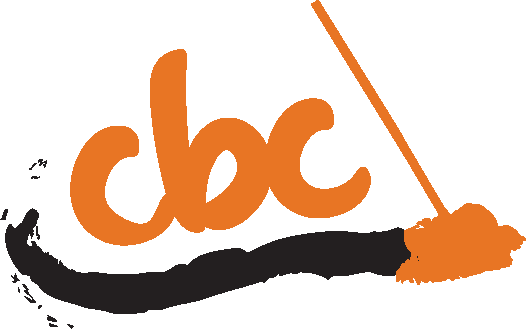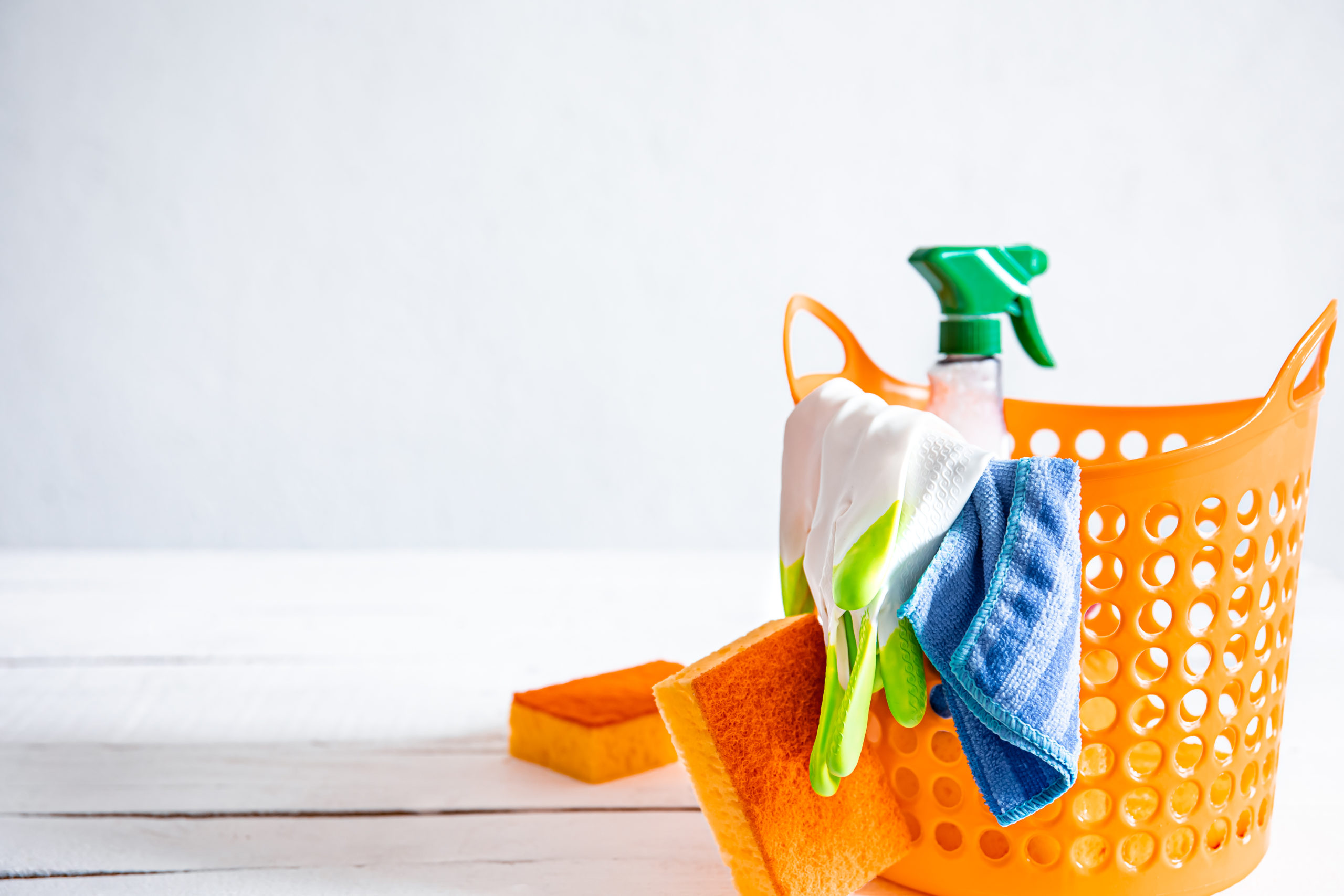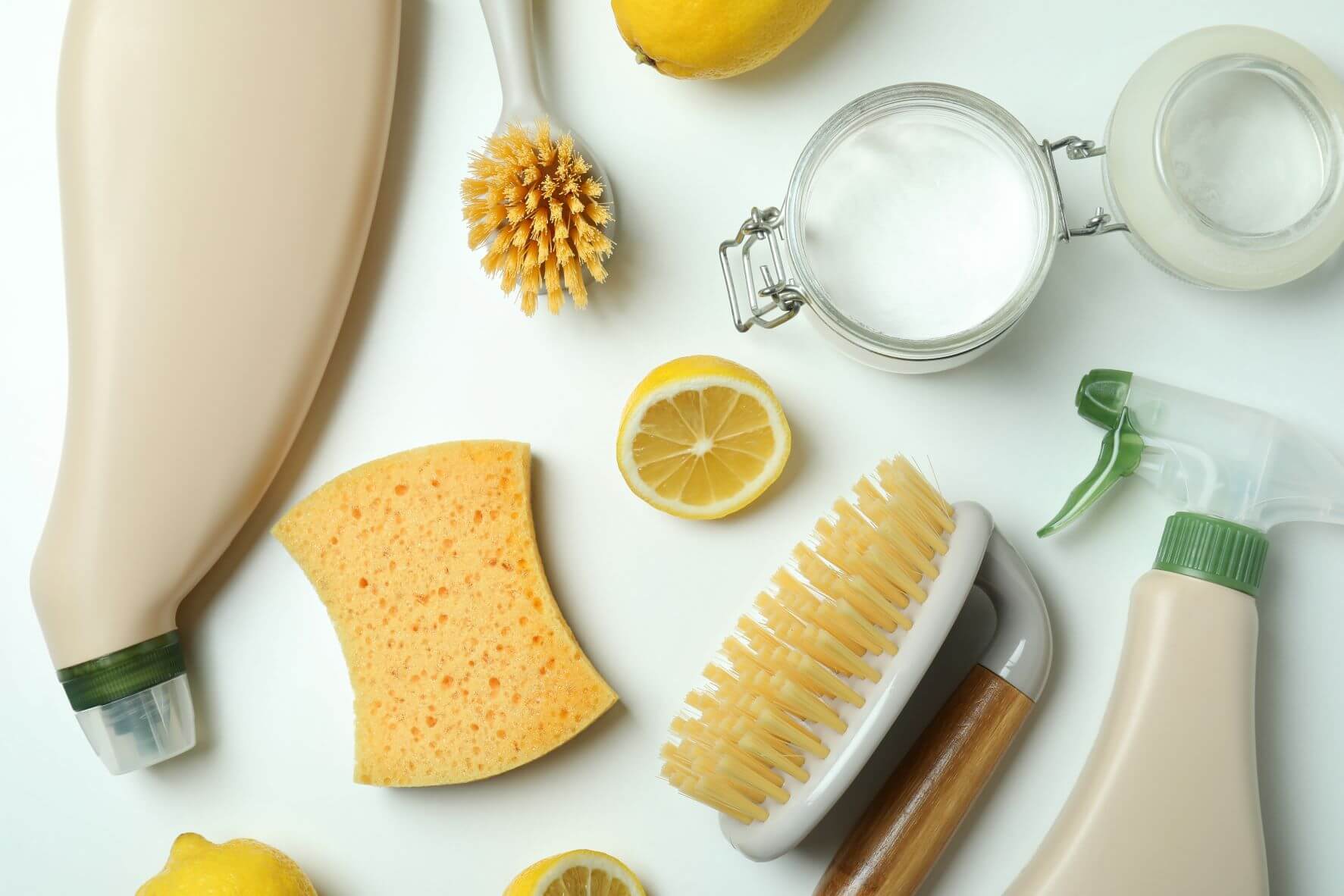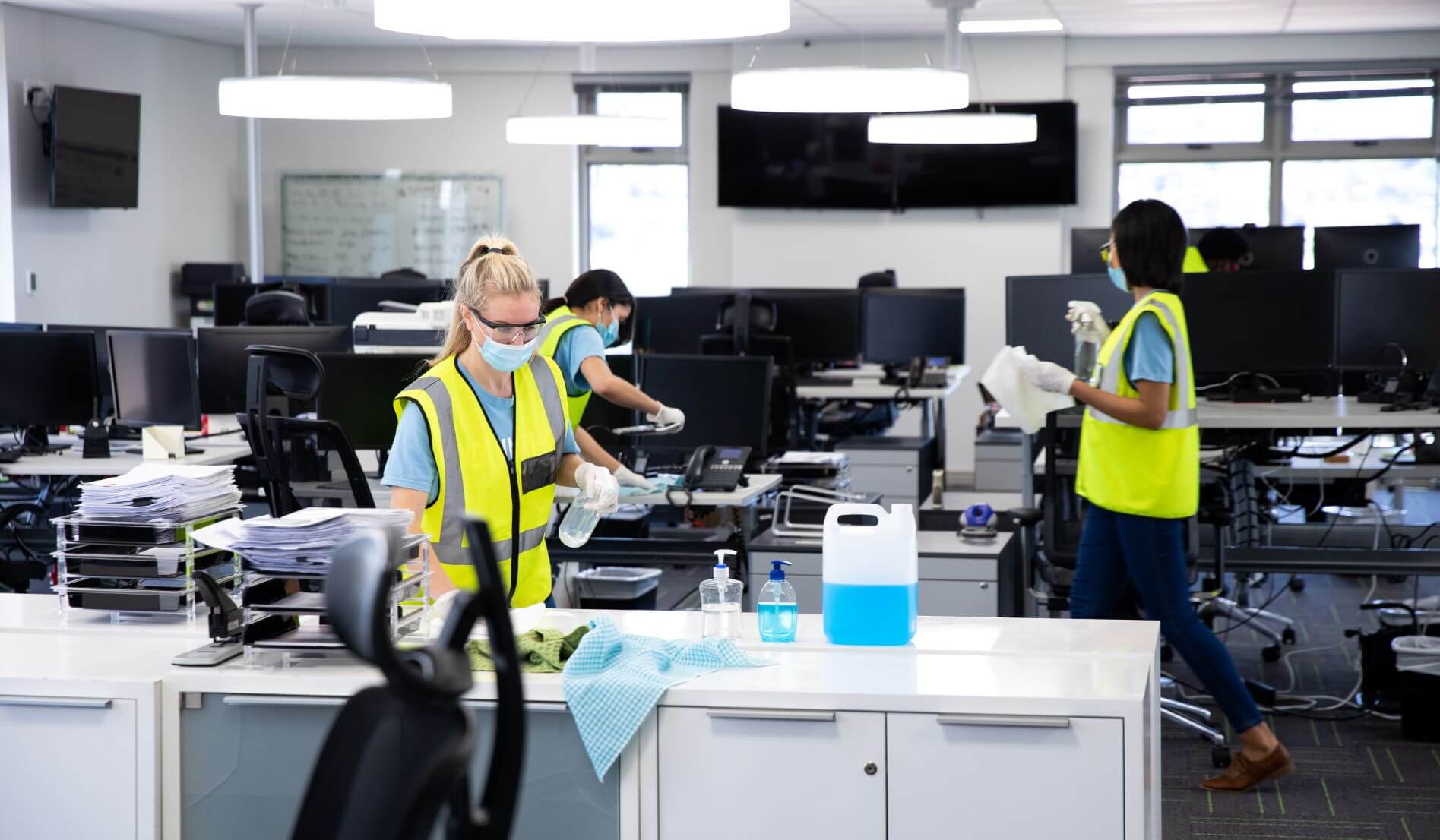Cleaning companies often confront higher risks than other businesses, which calls a need for insurance. For instance, a worker could knock over a client’s costly vase or accidentally spray a cleaning product into their eyes, requiring medical attention.
Unless you have business insurance, your company may be held liable for those replacement prices or medical bills.
Here’s what cleaning business owners need to know about purchasing business insurance and bonding.
What is Cleaning Business Insurance?
Business insurance protects your company and its assets against natural catastrophes, claims of property damage, physical harm, and other risks.
There is no insurance policy specially designed for cleaning businesses. Business insurance is primarily a set of policies that many commercial cleaners have in place. The great thing about these policies is that, because they are personalized, you can pick and choose which ones you wish.
Many insurance companies offer bundled policies, which can help you save money on your annual premiums while also giving you the coverage you require in a single transaction.
Why Should You Get Insurance for Your Cleaning Business?
Getting insurance for your cleaning business is essential; here is why:
It Protects Your Business in the Initial Phase
Most cleaning businesses start as sole proprietorships, which is the simplest business structure for first-time entrepreneurs. However, this means that you are responsible for all of your company’s losses.
Consider this scenario: A customer sues your company for a slip-and-fall accident, and the court orders you to pay $32,000 in damages. You’d have to pay it all out of pocket if you didn’t have small business insurance. Are you willing to take that chance?
It Aids in the Promotion of Your Company
Do you want to set yourself apart within the industry? Insurance demonstrates your company’s reliability, and cleaning bonds demonstrate to clients that they can entrust their valuables to you.
Types of Insurance Policies
But, now you might wonder, “what coverages do I need when I’m initially starting out? Good question.
Let’s look at some cleaning insurance policies that can safeguard your company at any level of its development.
1. General Liability Insurance
General liability insurance will protect your business against accidents and damage to a third party- usually the client. So, if a client claims that one of your cleaners damaged a window and files a lawsuit to recover the costs of restoration, general liability insurance would normally cover that.
Furthermore, if someone besides your employees is hurt on the job site due to negligence—for example, not putting warning signs about a slippery floor—general liability insurance will cover the cost of the damage and any legal fees that may occur.
Estimated premiums for general liability insurance vary between $400 and $800 each year.
2. Property Insurance
Property insurance protects your company’s assets, including cleaning equipment. If something is stolen from your office or if an employee or client unintentionally damages a cleaning cart, property insurance will cover the expense of new equipment.
However, property insurance only applies to property on your company’s premises. You’ll need a Specialty Property Insurance Coverage Endorsement (SPICE) coverage to protect your assets while they’re not on business property.
Property insurance (without SPICE) and general liability insurance are often available at a lower annual rate within a single business owner’s policy (BOP). BOPs can cost as little as $750 per year or as much as $1,300 per year.
3. Worker’s Compensation Insurance
Cleaning employees are prone to injuries, and it is your company’s responsibility to ensure that injured workers receive the medical attention they deserve.
Carrying workers’ compensation insurance means you don’t have to pay medical expenses for your employees out of your pocket. In fact, most states require you to have this coverage, even if you have one employee.
The cost of a workers’ compensation policy usually runs between $2000-$3000 per annum.
4. Janitorial Bond
Janitorial bonds (a type of surety bond) assure your potential client that an insurance company backs your work. If your website or marketing material mentions that your business is “bonded,” it means that if your employee steals or breaks something, your bond provider will cover the replacement costs.
Janitorial Bond is inexpensive since you can get it for one single payment of $100.
5. Auto Insurance
If you have company vehicles, you might need to consider auto insurance.
Auto Insurance provides coverage for cars that your cleaning business owns and uses. This insurance covers any costs associated with bodily injury or property damage to a third party for which your company is legally liable, up to the limit of the policy. Your insurance company may also pay to repair or replace your automobiles In the event of damage caused by accidents, theft, or flooding.
For auto insurance, you should allocate a budget between $1000 and $3000.
6. Umbrella Insurance
Umbrella Insurance covers additional claims that exceed the policy limits on your general liability, commercial auto, or employer’s liability insurance.
Consult A Professional
A cleaning industry specialist like Cleaning Business Coaching(CBC) can help you with which policies you need as part of its cleaning business insurance and how much each policy should cover.
Our commercial cleaning business coaching services enables anyone to start, run, and develop a commercial cleaning business while avoiding the pitfalls that often hinder aspiring entrepreneurs. We understand that It’s not easy to run a cleaning service from scratch, whether you’ve been in the industry for a while or are new to it.
Hire our commercial cleaning business coaching service now, and allow us to assist you in getting your business off to a good start!






